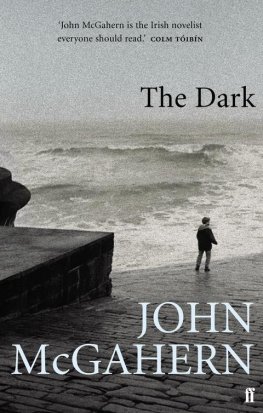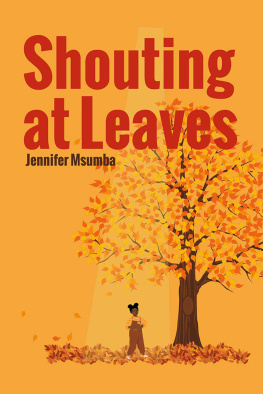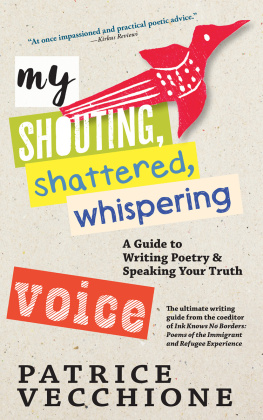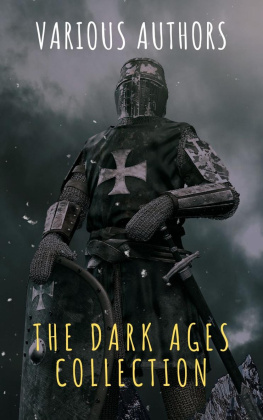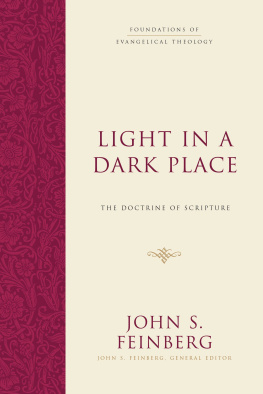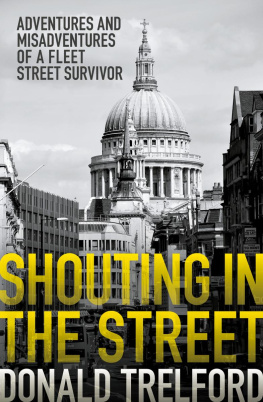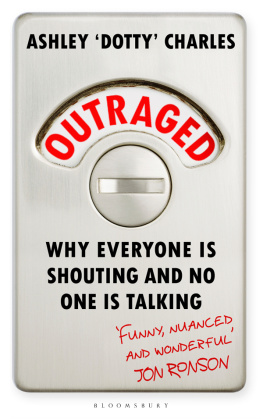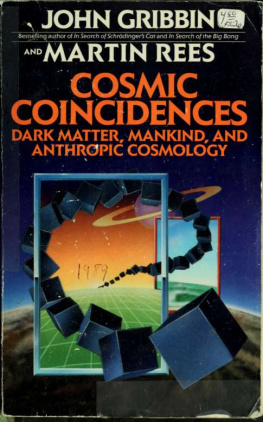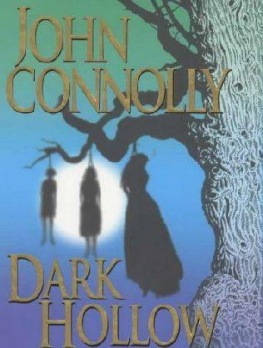John Bramblitt - Shouting in the Dark
Here you can read online John Bramblitt - Shouting in the Dark full text of the book (entire story) in english for free. Download pdf and epub, get meaning, cover and reviews about this ebook. year: 2022, publisher: Lyons Press, genre: Home and family. Description of the work, (preface) as well as reviews are available. Best literature library LitArk.com created for fans of good reading and offers a wide selection of genres:
Romance novel
Science fiction
Adventure
Detective
Science
History
Home and family
Prose
Art
Politics
Computer
Non-fiction
Religion
Business
Children
Humor
Choose a favorite category and find really read worthwhile books. Enjoy immersion in the world of imagination, feel the emotions of the characters or learn something new for yourself, make an fascinating discovery.

- Book:Shouting in the Dark
- Author:
- Publisher:Lyons Press
- Genre:
- Year:2022
- Rating:4 / 5
- Favourites:Add to favourites
- Your mark:
- 80
- 1
- 2
- 3
- 4
- 5
Shouting in the Dark: summary, description and annotation
We offer to read an annotation, description, summary or preface (depends on what the author of the book "Shouting in the Dark" wrote himself). If you haven't found the necessary information about the book — write in the comments, we will try to find it.
Shouting in the Dark — read online for free the complete book (whole text) full work
Below is the text of the book, divided by pages. System saving the place of the last page read, allows you to conveniently read the book "Shouting in the Dark" online for free, without having to search again every time where you left off. Put a bookmark, and you can go to the page where you finished reading at any time.
Font size:
Interval:
Bookmark:
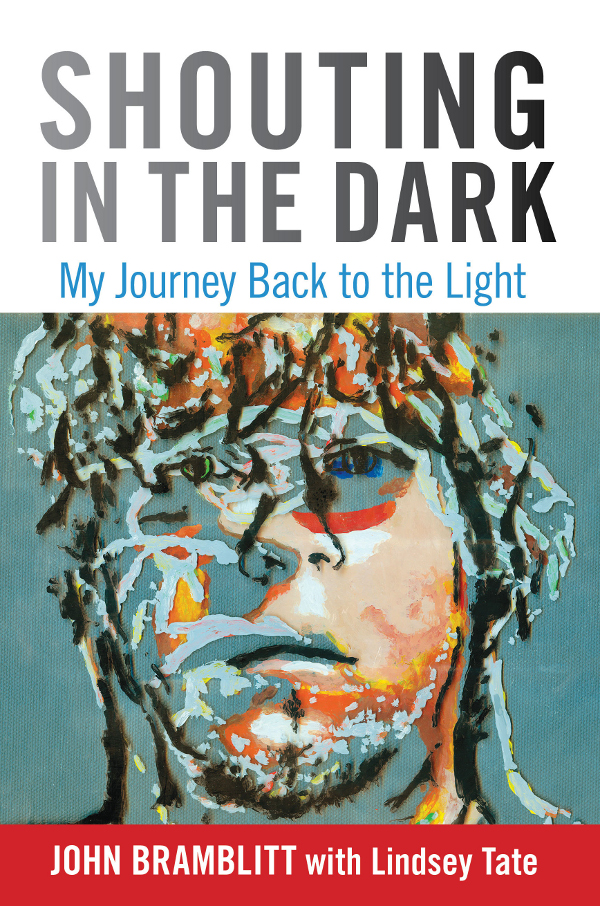
SHOUTING IN THE DARK
Copyright 2012 John Bramblitt and Lindsey Tate
ALL RIGHTS RESERVED. No part of this book may be reproduced or transmitted in any form by any means, electronic or mechanical, including photocopying and recording, or by any information storage and retrieval system, except as may be expressly permitted in writing from the publisher. Requests for permission should be addressed to Globe Pequot Press, Attn: Rights and Permissions Department, PO Box 480, Guilford, CT 06437.
Lyons Press is an imprint of Globe Pequot Press.
Paintings by John Bramblitt
Text design: Sheryl Kober
Project editor: Kristen Mellitt
Layout artist: Maggie Peterson
Library of Congress Cataloging-in-Publication Data is available on file.
ISBN 978-0-7627-8738-8
To Jacqi for saying yes.
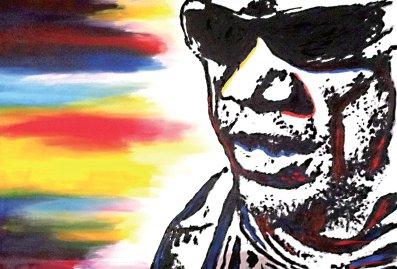
Henry Butler
The sweet sound of New Orleans jazz surrounds me, intoxicating me. Its my favorite kind of jazz, all rhythm and feeling, and Im being treated to a concert by New Orleans jazz master pianist Henry Butler. Ive been invited here to do a live painting for the one-thousand-strong audience, to create a visual interpretation of the music on a huge canvas while Henry plays. Ive never done anything quite like this before. Ive painted portraits on live TV, and painted the sounds I hear in music and the tastes I sense in food, but Ive never painted in a timed setting where my work has to be finished when the music stops. Its exciting to say the least.
Im working fast, keeping up with the flow of notes, falling down on my knees to spread color at the bottom of the painting then lunging up to work at the top. I have horizontal ribbons of color blended across the left side of the painting, deep purples with hints of red turning into blue, orange, then a splash of yellow in the center. Before the concert I wasnt sure how the music would inspire me, so I mixed a whole range of paint colors and figured that if I listened intently and relaxed enough it would all work out. So far so good. Just a few minutes into the first piece the colors were obvious. They were right there in the music. Bold colors. Living-life-to-the-full colors. As the music pulses through me, vibrant and joyful, the lively paints fill one whole side of the canvas. To the right Im starting work on a portrait of Henry, but the audience doesnt know it yet. Ive arranged the composition in my mind beforehand, figured out my brushstrokes so the seemingly abstract lines of paint will reveal a close-up of Henrys face just twenty minutes before the end of the concert. I want the audience to connect with the painting, to be able to recognize something in it. As a camera will be on Henry throughout his performance, streaming his face onto a huge screen for everyone to see, painting his portrait seems like a good idea. Its a lot to accomplish. And its physical work. Theres a huge expanse of canvas to cover.
Already were one hour into the show. Henry has told a story or two between songs and a spoken word artist has performed, and Ive kept on painting. Now theres a short intermission while Henry takes a break, and I feel my adrenaline suddenly kick in. Were halfway through the concert, but Im not halfway through my painting. Nowhere near. I start picking up speed, working hard and fast, moving from the bowls of paint by my feet to the table that holds my brushes to the canvas and back again, changing colors again and again. My jeans and black shirt are splattered with paint.
In the back of my mind Im aware that Im perched up on an enormous stage, four feet tall, fifty feet wide, and fifteen feet deep, a stage just for me, with a camera trained on my every move. Im the center of attention now that Henry has gone. I wonder if I look as agitated as I feel inside.
The music starts up again. Theres a sense of relief that Henrys back and Im no longer the sole focus, but its as if the clock has started ticking again. I will myself to work even faster. I return my concentration solely to my painting and immediately everything else takes a back seat. Henrys music, the presence of the audience, the thoughts in my head, all reduced in volume, scarcely background noise. All I hear now is the sound of my brush feverishly slapping paint onto canvas. Sometimes it just wont spread fast enough and so Im spreading it by hand, pushing it into place, moving the portrait along. Sweat slides down my face. This much is normal for me, this intense concentration while painting that becomes physical exertion, but here Im darting around all over the place. I feel like Im running a marathon. Im down on my knees dipping my brush again and again, racing against time. For a brief moment I imagine my wife, Jacqi, out there in the audience willing me to get it done, to get it right.
All too soon the music has finished and behind me I sense people in the crowd leaping to their feet applauding and shouting. I keep on working. All I can think of now are the colors and compositions in my mind, on the canvas in front of me. Someone is speaking over the loudspeaker. Its just words to me, distant noise. I register more applause and more speaking. Im not listening. Im lost in paint. Urging myself on. Im lunging up to the top of the painting, applying black paint, concentrating, sweating. Now Im adding purple, changing brushes, changing colors. Henry leaves the stage, theres more applause and I pour more paint. I will finish this painting if its the last thing I do, if Im here until midnight. My name is mentioned over the loudspeaker. I ignore it. Theres more applause. Henry has been brought back to play an encore. Im hoping hes chosen a really long piece and then, as if this is the way Id planned it all along, Im done. All of a sudden the painting is finished. With Henrys last notes Im able to lay down my brush. The twenty-four-foot square canvas glistens with wet paint.
Between Henrys reappearance and me finishing my portrait, the crowd goes wild. I want to jump in the air or yell with happiness. Im relieved and exhilarated. I feel so grateful to be caught up by the audience in this swell of excitement. Behind me the painting shows Henry from his sunglasses to his shoulders, looking slightly to his right in the direction of the bright ribbons of color. Rough black lines make up his face while touches of rich color are mixed in here and there, matching the abstract colors that represent his music. White paint splashes across his face then beyond to merge with the streaks of color as if music itself is emanating from him. Ive tried to represent his strength, his vitality, and his music all together, and its funny because these very same emotions are surging toward me from the crowd as if weve all connected through the art and the music. Its a truly powerful feeling.
I make my way to the edge of the stage through the noise and goodwill of the crowd and sit down, my legs dangling into space, partly because Im exhausted and partly because Im not sure what Im supposed to do now that the painting is done. People approach me, shake my paint-covered hands and say nice things about my art, about me, something about themselves. This is the part of my painting life that I love more than anythingthat instant connection with others. Its real and immediate and its why I started painting in the first place.
You see, ten years ago I went blind, the visual cortex of my brain damaged by constant epileptic seizures. Im sitting on the edge of the stage with my guide dog, Echo, by my side. I cant see the people shaking my hand, nor could I see Henry playing the piano, or the portrait that I painted on the canvas. Not in any conventional sense of the word at least. When I lost my vision I lost my sense of self and my place in the world too, and it took a long time for me to find my way back. Before I went blind I had never picked up a paintbrush, but I became convinced that through art I could find myself again and reconnect with family and friends and, eventually, the world beyond. Luckily for me I was right. And now I have the distinction of being able to say that Im a non-visual visual artist.
Font size:
Interval:
Bookmark:
Similar books «Shouting in the Dark»
Look at similar books to Shouting in the Dark. We have selected literature similar in name and meaning in the hope of providing readers with more options to find new, interesting, not yet read works.
Discussion, reviews of the book Shouting in the Dark and just readers' own opinions. Leave your comments, write what you think about the work, its meaning or the main characters. Specify what exactly you liked and what you didn't like, and why you think so.

